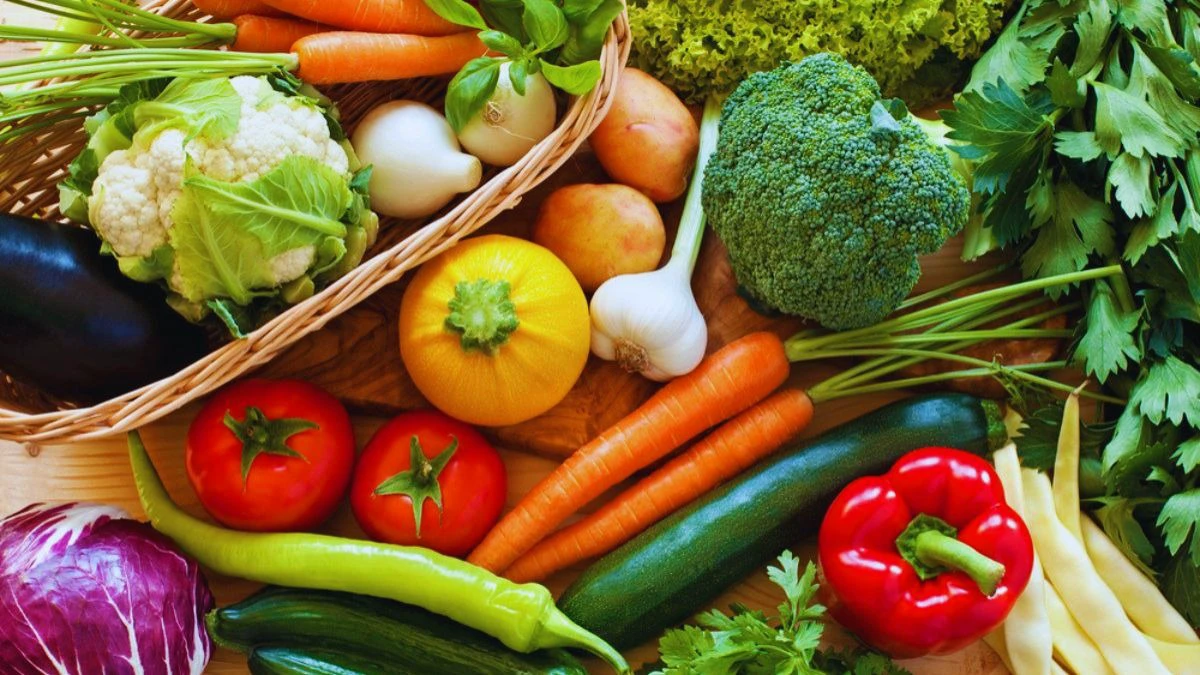Monsoon may provide us with greenery and relief from the summer heat, but it also offers a higher chance of developing foodborne illnesses.
Experts say that the high humidity of the monsoons and the wet terrain make bacteria, fungi and insects flourish, especially on certain kinds of vegetables.
Eating the wrong type of vegetable during the time of monsoon can cause stomach infections, food poisoning and indigestion. Here are some of the vegetables that you should avoid eating during monsoon, and why.
1. Leafy greens can hide germs
The leafy greens, such as spinach, cabbage and lettuce, which are healthy in the other seasons, may be dangerous during the monsoon. The rainwater and damp soil provide the right environment for germs, bacteria, worms and parasites to settle on the leaves of these vegetables. Some germs may remain, even after washing.
2. Cauliflower and broccoli can harbour insects
Cauliflower and broccoli are two vegetables with such small spaces that moisture can settle in those places. These spaces are ideal for insects, worms and bacteria to settle in during the monsoon. If you eat them without proper cleaning, you may end up upsetting your stomach.
3. Don’t eat raw salads with high-moisture vegetables
The rainy or monsoon season is not ideal for raw vegetables, like cucumbers, tomatoes, and radishes that have high moisture content. Because high-moisture raw vegetables can be contaminated, eating raw vegetables heightens the risk of stomach infection. It is better to steam or cook the vegetables lightly.
4. Select local, seasonal vegetables versus high-moisture vegetables
Experts suggest, when eating vegetables during the monsoon, to eat the vegetables that grow in your region during the region, such as bottle gourd (lauki), bitter gourd (karela), ridge gourd (turai) and tinda. They are easier to clean, cook quickly, and are lighter on the stomach.
5. Washing and cooking are your best defence
If you do eat leafy greens or raw vegetables, wash them thoroughly under running water, soak them in salt water, and cook them properly. Proper cleaning and cooking help kill most germs and make food safer to eat.
